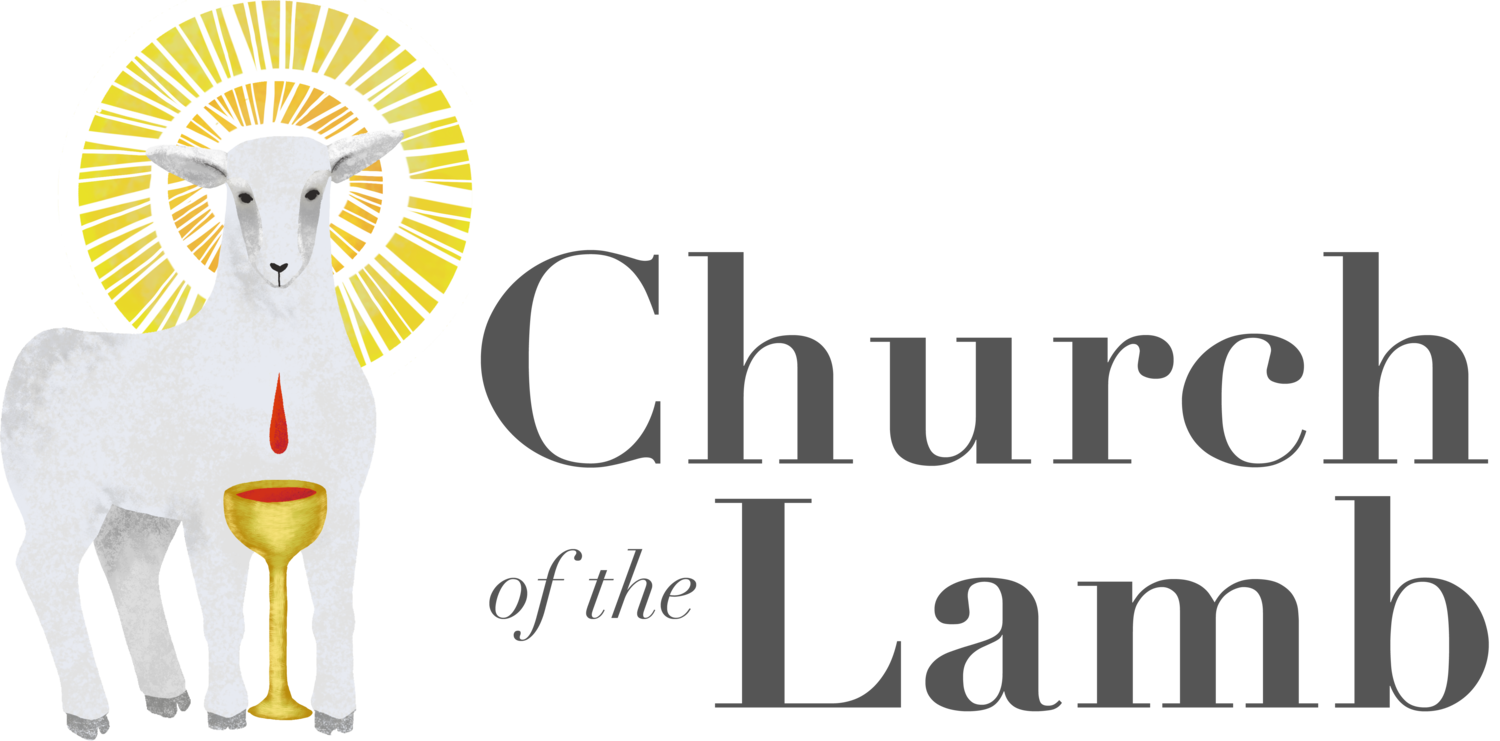Scripture Resources
At Church of the Lamb, we desire to grow closer to Christ through the rhythms we weave into our lives.
We commend the following practices to you as ways to abide in him ever more deeply.
The Daily Office
Morning and Evening Prayer provide a way for Christians to read the same Scriptures together at similar times each day. These liturgies come from the Anglican Church of North America’s Book of Common Prayer.
Pray Using the App
Use this website to view daily liturgies and Scriptures. A shorter liturgy is available at the top if you click “Switch to Family Prayer” in the heading section.
Pray Using the (Physical) Book of Common Prayer or PDFs Below
The Daily Office is found on pages 11–65.
Morning Prayer
Midday Prayer
Evening Prayer
Compline (Night Prayer)
The shorter liturgy, called Family Prayer is on pages 67–75.
If you’re new to the Book of Common Prayer, check out this short guide.
If you have questions (or just want to know why it’s called the “daily office”), read this article or email Kevin@churchofthelamb.org or Kelly@churchofthelamb.org.
Join us for Morning Prayer on Tuesdays and Thursdays, 8:30–9:15 a.m. at the church office
(362 Indian Trail Road, Penn Laird).
Sacred Space
Sacred Space is a way of reading Scripture and praying provided by the Irish Jesuits. While we don’t endorse all the doctrinal statements made, we love the way this model of prayer invites us to live closely in relationship with Jesus.
Lectio Divina
This is a particular way of reading Scripture and listening to God that may be done alone or in a group. The passage is read 3 times with interspersed prayer or sharing. It could look something like this:
Read the passage aloud, listening for a word of phrase that stands out to you. Spend time in silence. Then share or journal only that word or phrase.
Read the passage aloud, listening again for a word or phrase. You may also pay attention to what the passage evokes in you. What are your feelings and how does this relate to your life? After a time of silence, you may share, journal, or pray in response to what you received.
Read the passage aloud, listening for God’s invitation to you from this particular part of Scripture. Journal or pray in response. Finish the time with a closing prayer.
– These notes are adapted from How to Lead a Lectio Divina Group
